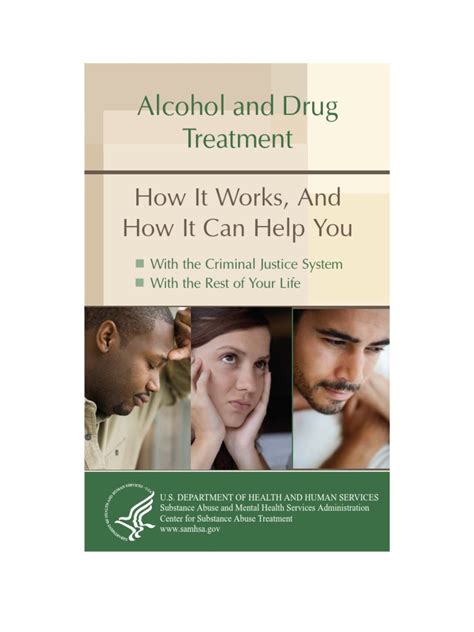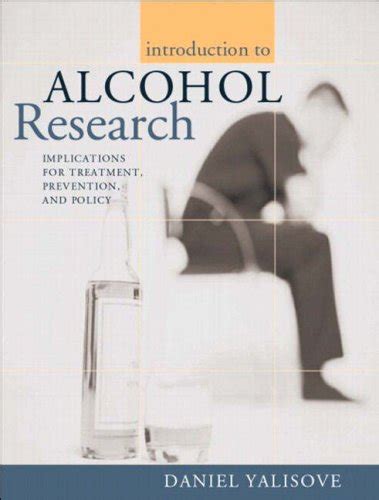Finding the right rehab center is a crucial step toward achieving long-term recovery. With so many options available, it’s essential to choose a facility that meets your specific needs and offers the best chance for success. In this guide, we’ll explore key factors to consider when selecting a rehab center, highlight top-rated facilities in your area, and provide insights into the various treatment programs available. You’ll also hear from individuals who have successfully completed their recovery journey and gain expert advice on what makes a rehab center effective. Whether you’re starting your recovery journey or helping a loved one, this article will guide you in making an informed decision.
Join ujiyor.net as we uncover the details of this topic.
1. Factors to Consider When Choosing a Rehab Center
When selecting a rehab center, several factors should be carefully considered to ensure you or your loved one receives the most effective treatment. Location is often a key consideration—some prefer a facility close to home, while others find that a more remote setting allows for better focus on recovery. The types of treatment programs offered are also crucial; make sure the center provides programs tailored to your specific needs, whether it’s inpatient, outpatient, or specialized care. Accreditation and licensing ensure the facility meets industry standards for quality care. Additionally, consider the staff’s qualifications and the center’s success rates. Finally, cost and insurance coverage are important factors, as these will influence your financial commitment and access to services. Researching and evaluating these aspects will help you make an informed decision.

2. Top-Rated Rehab Centers in [Your Area]
When searching for top-rated rehab centers in your area, it’s essential to look for facilities that have earned high marks for patient care, treatment effectiveness, and overall satisfaction. Start by researching centers that are well-reviewed by former patients and have strong reputations within the community. These centers often offer a variety of programs, from detoxification to long-term residential treatment, ensuring that they can meet a wide range of recovery needs.
Another key indicator of a top-rated facility is accreditation from recognized healthcare organizations, which guarantees that the center adheres to strict standards of care. Additionally, look for rehab centers that provide a comprehensive approach to treatment, including medical care, counseling, and holistic therapies, as these can significantly enhance the recovery process.
Local rehab centers that have been featured in trusted directories or recommended by healthcare professionals are also worth considering. Personal testimonials from former patients can provide valuable insights into the center’s environment and the success of its programs, helping you make a well-informed decision about the best option for your recovery.

3. Types of Treatment Programs Available
Rehab centers offer a variety of treatment programs tailored to meet the diverse needs of individuals seeking recovery. One of the most common options is inpatient or residential treatment, where patients live at the facility for a specified period, usually ranging from 30 to 90 days. This program provides a structured environment with round-the-clock medical support and access to intensive therapy sessions, making it ideal for those with severe addiction.
For those who need flexibility, outpatient treatment allows patients to live at home while attending scheduled therapy sessions at the center. This option is beneficial for individuals with milder addictions or those who have completed an inpatient program and require ongoing support.
Detoxification programs are often the first step in the recovery process, helping individuals safely manage withdrawal symptoms under medical supervision.
Some centers also offer specialized programs such as dual diagnosis treatment for individuals with co-occurring mental health disorders or gender-specific programs that cater to the unique needs of men and women.
Holistic treatment options like yoga, meditation, and art therapy are increasingly available, providing a more comprehensive approach to healing that addresses the mind, body, and spirit. Choosing the right program depends on the individual’s specific needs and recovery goals.

4. Success Stories and Testimonials
Hearing from those who have successfully navigated the path to recovery can be incredibly inspiring and reassuring. Success stories and testimonials from former patients offer a glimpse into the transformative power of a well-chosen rehab center. These personal accounts often highlight the challenges faced during the recovery journey, the support received from dedicated staff, and the life-changing outcomes that followed.
Many individuals share how the combination of comprehensive treatment programs and a supportive environment helped them overcome their addiction and rebuild their lives. They often emphasize the importance of the center’s holistic approach, including therapies that addressed not just the addiction, but also underlying mental health issues and lifestyle changes.
Testimonials frequently mention the positive impact of aftercare services, such as ongoing counseling and support groups, which played a crucial role in maintaining long-term sobriety. Reading these stories can provide hope and motivation, showing that recovery is not only possible but achievable with the right support. These real-life experiences underscore the value of choosing a reputable rehab center that offers personalized care and a commitment to long-term success.
5. Cost and Insurance Considerations
The cost of rehab can vary significantly depending on the type of treatment program, the length of stay, and the amenities offered by the facility. Inpatient programs tend to be more expensive due to the comprehensive care provided, including accommodation, meals, and 24-hour support. Outpatient programs are generally more affordable, allowing patients to continue their daily routines while receiving treatment.
Insurance can play a crucial role in covering the costs of rehab. Many insurance plans offer coverage for addiction treatment, but the extent of coverage can vary. It’s important to contact your insurance provider to understand what services are covered, any out-of-pocket expenses, and whether the rehab center is within the insurance network.
Some rehab centers also offer sliding scale fees based on income, payment plans, or scholarships to help make treatment more accessible. Carefully evaluating the financial aspect and exploring all available options can help alleviate the burden and make the journey to recovery more manageable.
ujiyor.net

